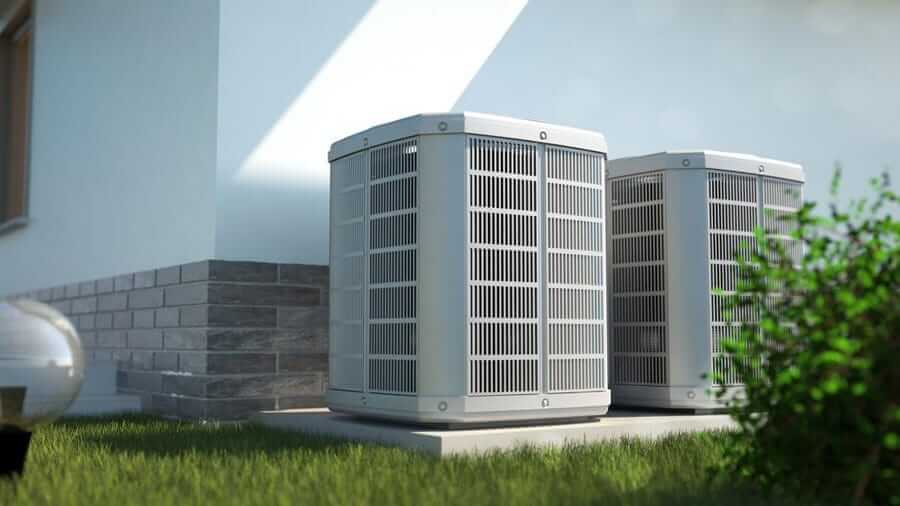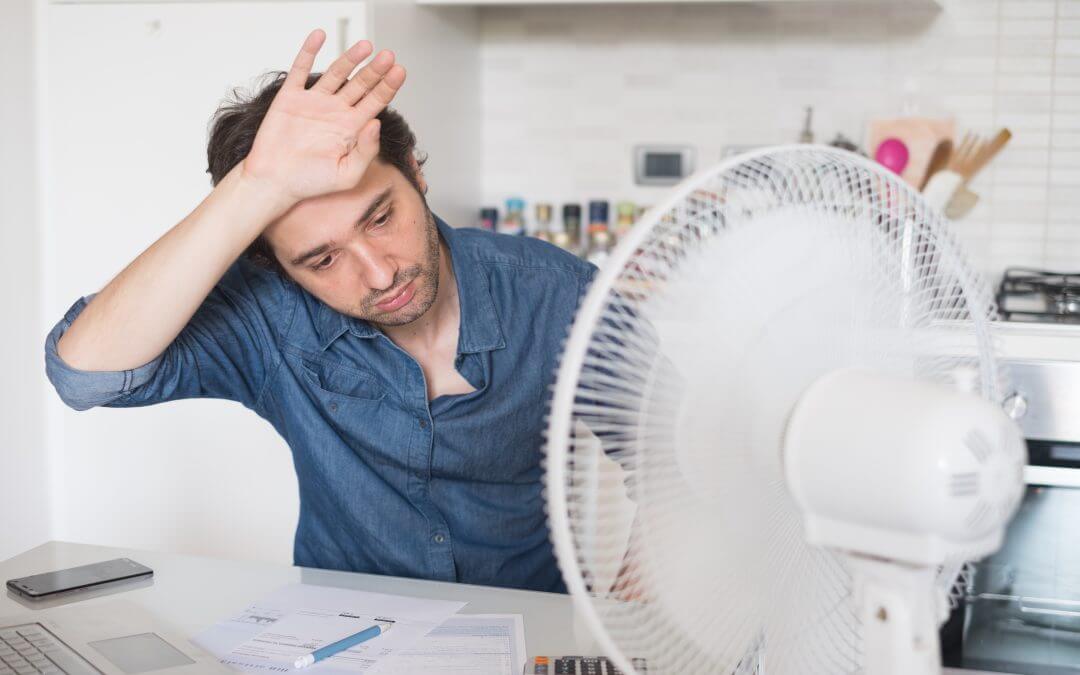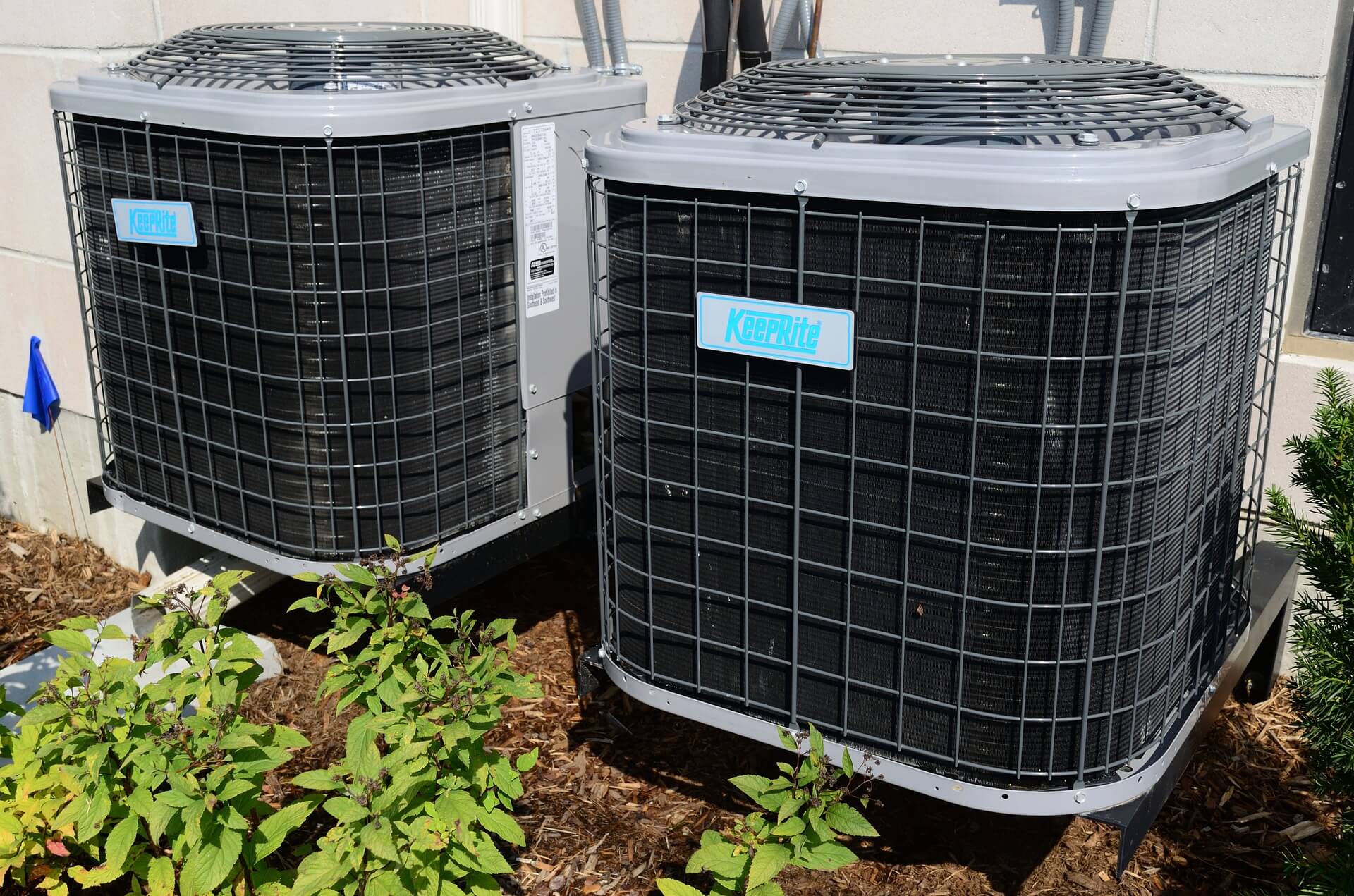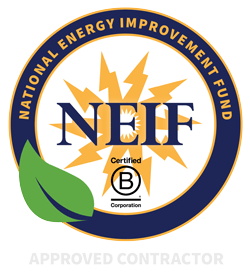Things to Expect When You Get an AC Replacement
- Cooling
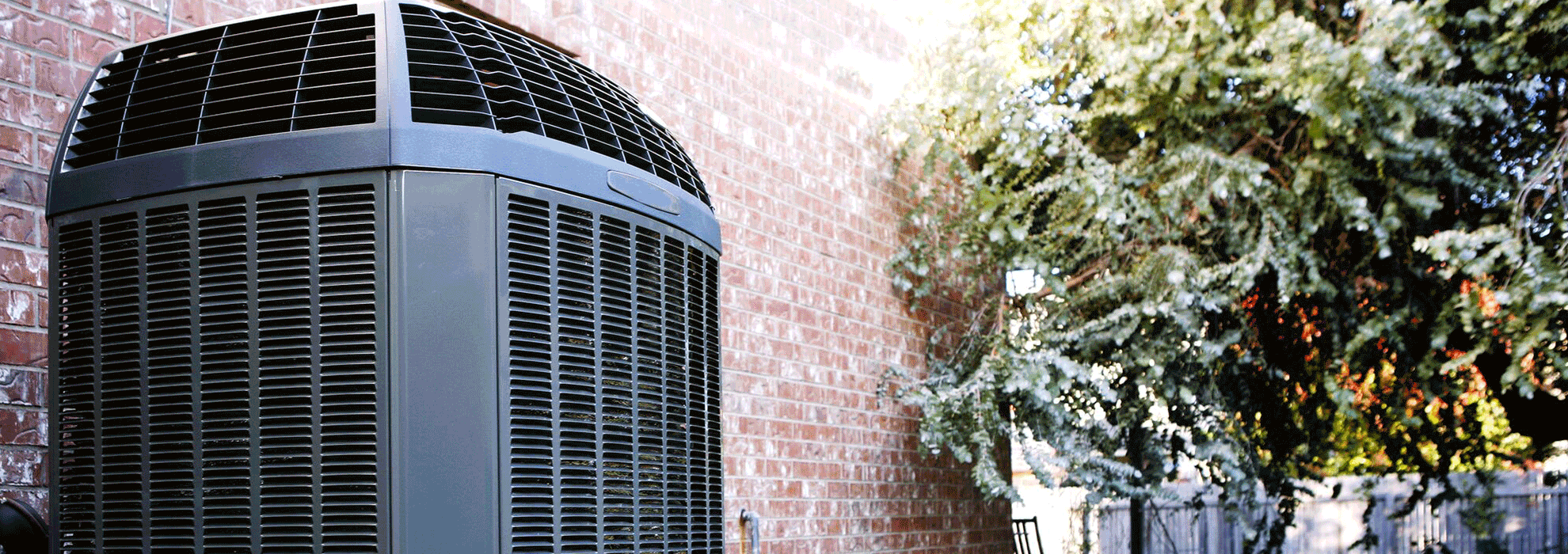
So you’ve decided on an AC replacement. That’s great! A new AC system is a great investment in your family’s comfort and your home’s overall value over time. As with any home improvement project, however, there are a few things you should be expecting as you go through the AC replacement process. In the interest of keeping yourself as informed as possible regarding the status of your system, we’re here to walk you through some things you should be expecting in the coming days.
Area Preparation
Once the technician gives you their initial estimates, the best thing you can do to help the process along is to clear the area where the system will be installed. Clear it of any and all debris or trash. It it’s an outdoor unit make sure the grass around it is properly cut, and if you’re installing an indoor unit like a mini split, make sure the installation area is clear of household furniture or clutter. If there are inordinately heavy objects in the way life sofas, refrigerators, or the like, consider covering them in such a way to protect them from any dust that may result from the installation process.
Know the AC Replacement Lingo
When you’re going through the process of getting a new system, you’ll need to know two terms in particular:
- Heating Season Performance Factor or HSPF refers to how effective a heat pump is during the heating season. A critical rating to keep in mind if you’re getting a heat pump installed, the industry standard for new products is a minimum rating of 7.7.
- Seasonal Energy Efficiency Ratio or SEER notes the efficacy of the cooling system. the bare minimum for all new systems is 13.
It’s worthwhile to note that the higher a system is rated for HSPF and SEER, the pricier it will be. However, you do get what you pay for, as these units typically have a much better performance and are longer lived than their cheaper counterparts.
Testing Your New Unit
Once the installation technician has come to your home and completed the installation process, they’ll have to test the new system to make sure it’s up to the task of cooling your home. Numerous tests are conducted to ensure that the pressure and vacuum systems are working before loading the unit with the refrigerant that makes it run. After it’s been filled, another test is carried out to ensure everything is still in working order.
Read The Great Things That Your Neighbors Are Saying About NSHEC.
ac failure

